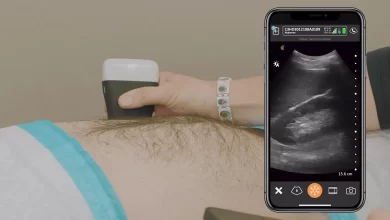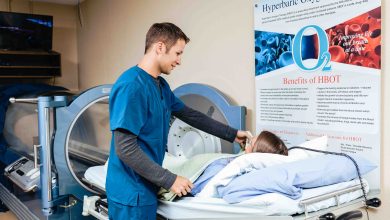Clinical Rotation in USA: The Ultimate Guide

Clinical rotations are an important part of medical education. They provide students with an opportunity to learn about different medical specialties and to work with patients. Many students choose to complete their rotations in the United States, where they can gain valuable experience in some of the best hospitals in the world. The Ultimate Guide to Clinical Rotation in USA provides students with everything they need to know about rotations in the United States. It covers topics such as choosing a rotation, obtaining a visa, and finding housing and transportation. The guide also includes information on the different medical specialties and the hospitals where students can complete their rotations. Completing a rotation in the United States can be a daunting task. But with The Ultimate Guide to Clinical Rotation in the USA, students can rest assured that they have everything they need to make the most of their experience.

A Medical Student’s Guide to Surviving Rotations in the USA
It is no secret that medical students have a lot on their plate. In addition to the rigorous academic schedule, there are also clinical rotations, which can be extremely demanding. If you are a medical student who is about to embark on a Medical rotation in USA, there are some things you can do to make the experience a bit easier. Here is a guide to surviving rotations in the USA:
1. Get organized
One of the best ways to survive rotations is to get organized. This entails making and following a timetable. There are a lot of demands on your time during rotations, so it is important to have a plan. Write down when you have lectures, clinical shifts, and studying to do. This will enable you to maximise your time and prevent you from becoming overextended.
2. Create a study schedule
Studying is a crucial part of rotations, as you will be expected to know a lot of material. However, it can be difficult to find time to study when you are also working long hours. Establish a study schedule and follow it.Make sure to schedule breaks so that you can avoid burnout.
3. Get enough sleep
It is important to get enough sleep during rotations, as you will be working long hours and will need to be rested. Make sure to go to bed at a reasonable hour and to get at least 7-8 hours of sleep each night.
4. Eat healthy
When you are on rotations, you will likely be working long hours and may not have time to cook. However, it is important to eat healthy during this time. Bring healthy snacks with you to eat during breaks, and make sure to get a good meal when you can.
5. Find a support system
Rotations can be tough, so it is important to find a support system. This can be a therapist, a family member, or even a friend. Talk to someone about how you are feeling and vent when you need to. This will help you to stay sane during rotations.
Tips and Tricks for a Successful Medical Rotation in the United States
Medical Student Rotations in USA can be a daunting task for medical students. There are a lot of things to keep in mind while on rotation, from what to wear to how to act. Here are some tips and tricks to make your medical rotation a success:
1. First and foremost, remember to dress professionally. This means no jeans, shorts, or t-shirts. Also, stay away from wearing anything overly exposing.
2. Always be on time. This is important both for your own sake and for the sake of the patients.
3. Be respectful to both patients and staff. This includes using proper bedside manner and avoiding using offensive language.
4. Take time to learn about the different aspects of the rotation. This will help you understand the rotation better and be able to provide better patient care.
5. Be proactive in your learning. This means asking questions and seeking out opportunities to learn.
6. Keep a positive attitude. This will help you through the tough days and show your patients that you care.
7. Be prepared for long hours. This includes being able to work overnight shifts and being on call.
8. Be flexible. This means being willing to change your plans on a moment’s notice.
9. Be organized. This includes keeping track of your patients and their medications.
10. Have a support system. This includes family and friends who can help you through the tough times.




